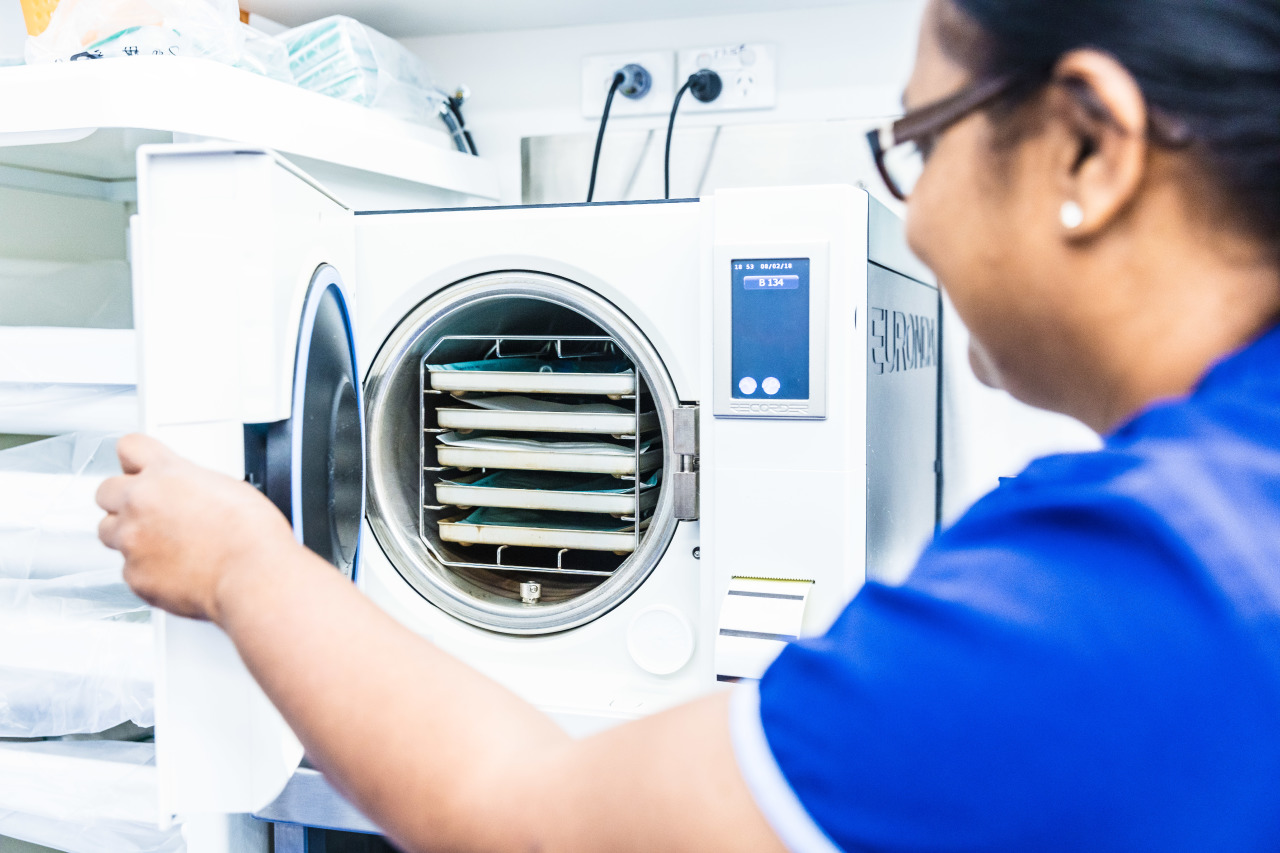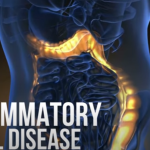Hepatitis A
Hepatitis A is a DNA virus and is responsible for common acute hepatitis amongst the young and travellers.
Hepatitis A is a DNA virus and is responsible for common acute hepatitis amongst the young and travellers. Only 30% of patients ever develop frank jaundice. The other 70% often feel like they have a simple severe flu. The height of the ALT is not a marker of severity of hepatitis, only the bilirubin level indicates severity. A particular distaste for meat and cigarettes is a common symptom in prodromal acute hepatitis A. Nearly all patients recover without any significant sequelae. 0.01% of patients develop a fulminant course of hepatitis which may require liver transplantation. An unusual complication is a relapsing jaundice and cholestasis which may rarely follow a seemingly recovered acute hepatitis A infection. This usually requires a short course of steroids otherwise the patient can become extremely debilitated with pruritus and jaundice. Hepatitis A never causes cirrhosis. Infectivity ceases at the onset of jaundice or shortly after the peak ALT liver enzyme response.
Primary prevention is achieved through vaccination. This gives adequate immunity in about 93% of cases for up to 4 years with an inactivated vaccine. The first injection can give adequate antibodies in about 90% of cases from about 4 weeks after vaccination. A booster injection is required 6-12 months later for a more durable response. Secondary prevention is through hyper-immune globulin. It has to be administrated to close contacts within the 14 day incubation period after potential exposure. A natural wild-type Hepatitis A infection gives life long immunity.


The disease is most commonly spread by foods that harbour or concentrate the virus. This is particularly so in oysters which have not undergone a period of back-washing in the food preparation. Travellers to endemic areas should avoid eating uncooked seafood and drink only boiled water. Patients with chronic hepatitis B or C may have a more serious or protracted illness with superimposed hepatitis A. These groups are recommended to have HAV vaccination. Diet during and after infection should be high carbohydrate and low fat. Bile flow is impaired during HAV infection and fatty food can induce nausea and gastric distress. Alcohol should be avoided for 4-6 weeks until all liver enzymes and jaundice have returned to normal. During the acute illness paracetamol should be minimized because the drug requires hepatic metabolism. Other medications which the patient takes for unrelated medical conditions may require dose modification.



